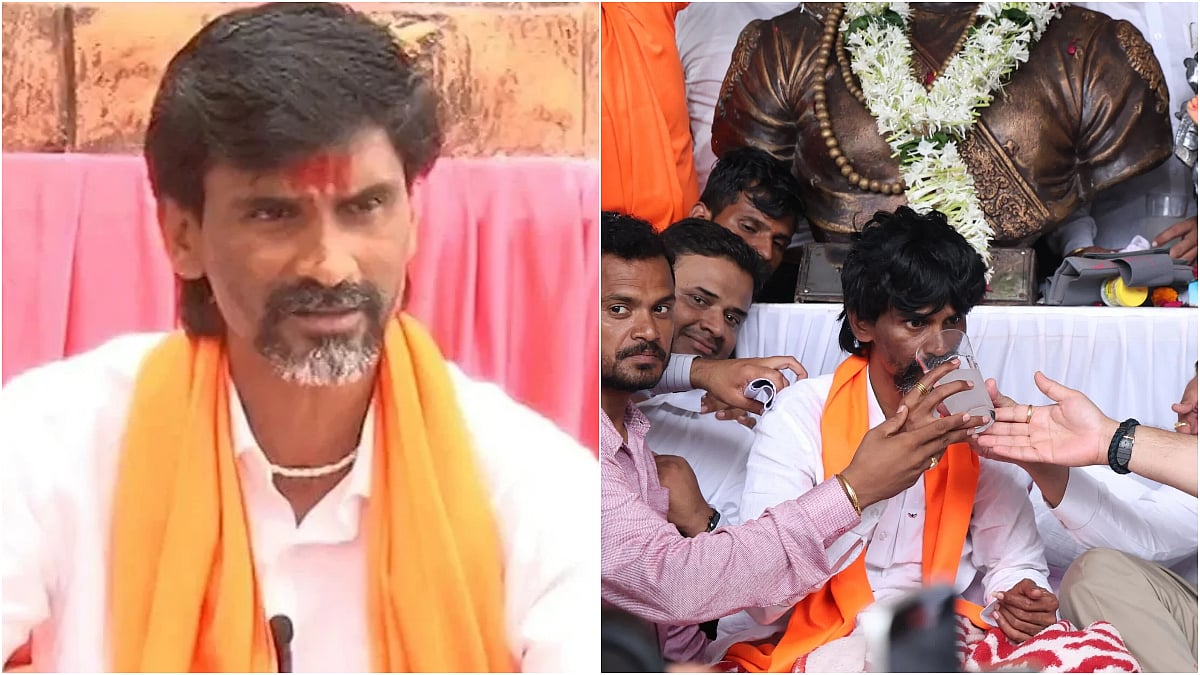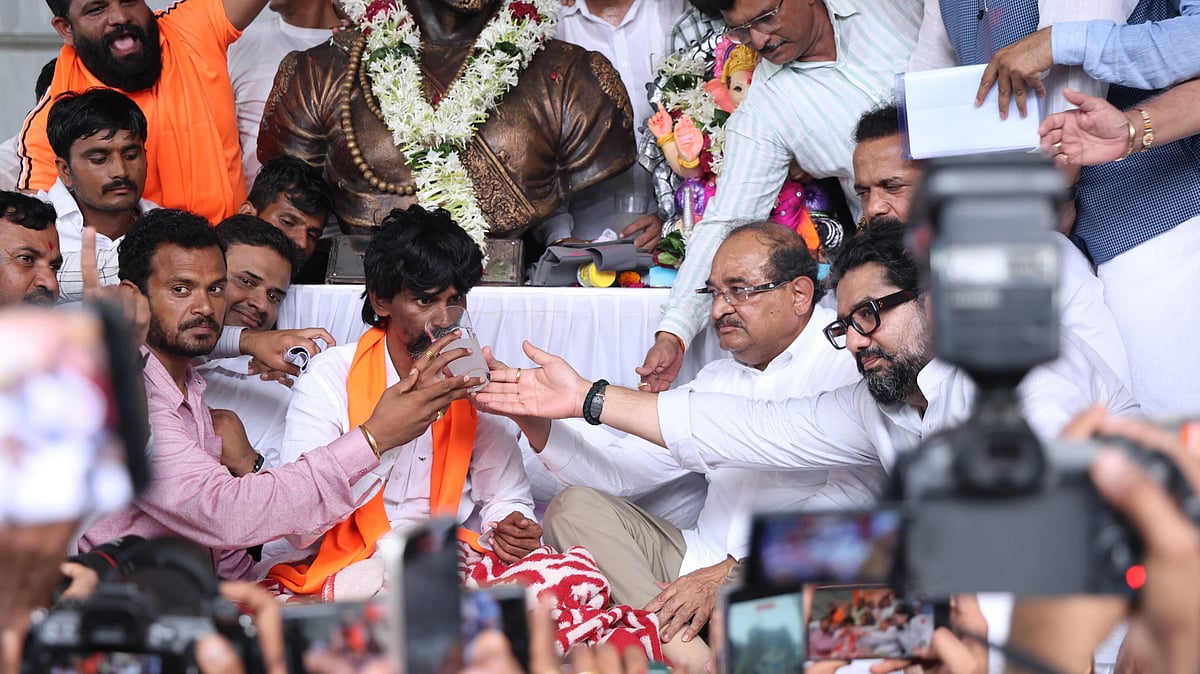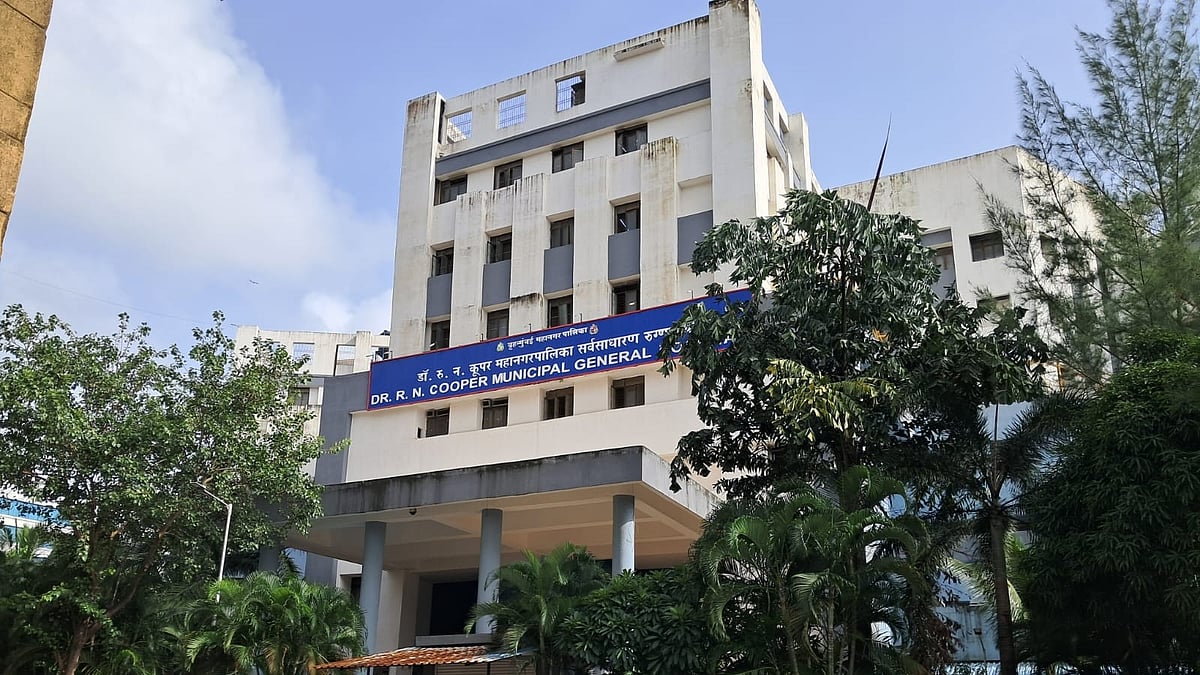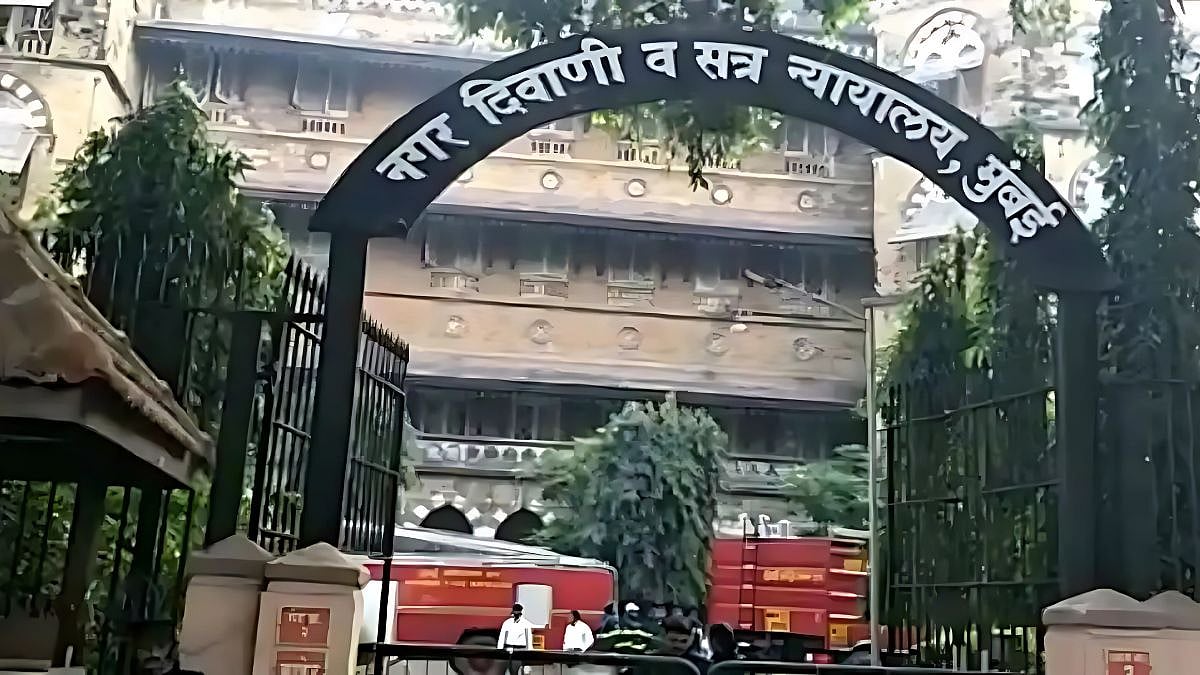Mumbai: After five days of protest that brought Mumbai to a standstill, the Maratha agitation was suddenly called off. A Government Resolution (GR) has been issued, but confusion reigns. What does it really mean? Who benefits politically? Free Press Journal Executive Editor Afrida Rahman Ali speaks to senior journalist Rohit Chandawarkar to decode the issue.
Afrida Rahman Ali: The government has brought out a GR, but many say it is inconsequential. Why such resistance within the ruling coalition itself?
Rohit Chandawarkar: Because frankly, nobody knows what this GR actually means. It is long, complex, written in Marathi, and doesn’t clearly grant anything new. Protesters claimed victory and went home, but experts admit it changes little. The promise is to use the old Hyderabad Gazette to identify “Kunbi” Marathas for reservation benefits. How and when this will be implemented remains uncertain.
Afrida: If it adds nothing new, why are OBC leaders like Chhagan Bhujbal objecting so strongly?
Rohit: It’s politics. OBCs are numerically larger than Marathas and a huge vote bank. Any sign that their quota is under threat requires a leader to posture and defend it. Leaders like Bhujbal are playing to the gallery, projecting themselves as protectors of OBC rights. Meanwhile, the Chief Minister insists that no OBC quota will be touched.
Afrida: So, is the real conflict here political or social?
Rohit: It is primarily political, rooted in economics. Historically, Marathas were landholders, but land fragmentation has left many with just 2–3 acres — economically unsustainable. That drives the demand for jobs and education via reservation. Commissions and the Supreme Court have ruled that Marathas, as a caste, cannot be categorized as socially backward. Hence the government is trying to classify some as “Kunbis,” a recognized OBC category, which has triggered fears among OBCs.
Afrida: Politically then, who stands to gain from this agitation?
Rohit: The BJP. For decades, BJP has cultivated the OBC vote bank while Marathas were aligned with Congress and NCP. If OBCs consolidate out of fear, they are likely to rally behind the BJP. At the same time, the GR gives Marathas a sense of recognition. It’s a balancing act that works for the BJP ahead of civic and zilla parishad polls.
Afrida: In simple terms, has this agitation really changed anything?
Rohit: Not yet. It looks more like a delaying tactic — a smart move to calm protesters and buy time until elections. The real test will be whether Maratha youth in Marathwada actually get Kunbi certificates in the coming months.
Afrida: You have written that the impact of such agitations lasts for decades. Why do you say that?
Rohit: Because reservation changes politics for generations. The Mandal Commission in 1990 reshaped Indian politics for 35 years. If Marathas gain reservation, it will alter Maharashtra’s social and political landscape for decades. Even if the protest lasted just five days, its consequences will be long-term.
Afrida: Why then was the agitation called off so suddenly?
Rohit: That remains a mystery. Many Maratha leaders themselves are asking why it ended abruptly on the fifth day. The court order to vacate Mumbai might have played a role, but there is also speculation of behind-the-scenes political negotiations. That story is still unfolding.
Also Watch:

Conclusion
The Maratha agitation may have ended, but the politics has only begun. With OBCs and Marathas both watching closely, Maharashtra’s ruling alliance may have bought peace for now — but the real test lies in implementation and in the ballot box.






